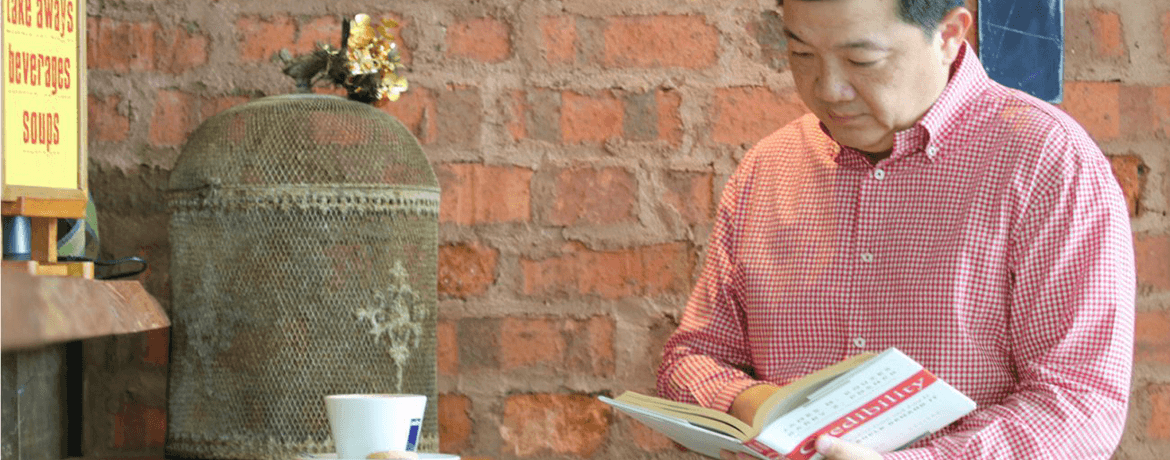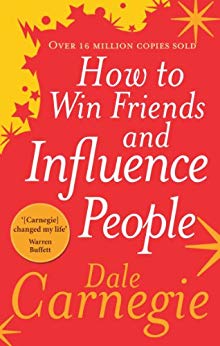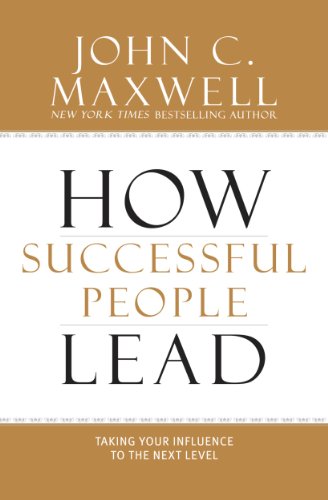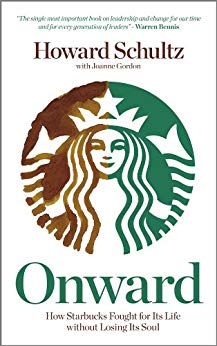My Recommended Books for Business, Work and Life - Business Insight

My Recommended Books for Business, Work and Life
By Vincent Low
Growing up, I’d often hear how “you are what you read” – of course, that kind of wisdom never really hits you until you get a little older, and see things that much clearer.
I’m not exactly an avid reader but have always looked to reading as a source of inspiration, reflection and influence. As I was laying the foundations for my career, I knew there was plenty to learn and turned to key reading materials, from newspapers and LinkedIn articles to succinct motivational quotes. When it comes to books, I’m still an old fashioned advocate of a hardcover in hand over a cup of coffee.

Below are a few of my favourite books.
1. Dale Carnegie – How To Win Friends and Influence People
This was one of the first business-related books I picked up, and it remains a timeless one. Written in the 30s, Carnegie’s book explores the psychology behind everyday interactions and distils his findings into useful lessons on the art of winning people over.
The very first page of the book promises the reader Twelve Things, and the list goes from ‘enabling you to make friends more easily’, to ‘arousing enthusiasm from you associates’. As a manager, I was intrigued as to how a trait as fundamental as building friendships could translate to the professional environment, and Carnegie manages to convince with such charm!
2. Stephen R. Covey – The 7 Habits of Highly Effective People
Another classic, Covey’s book explains 7 habits that can make a person more effective in his/her personal, professional or family life. Due to its holistic approach, this is a must-read for everyone, and for all walks of life.
Truth be told, the 7 habits listed out aren’t radical, you and I are able to distinguish right from wrong; a good habit, from a bad one. However, what I found most useful, is the practical and extremely applicable manner in which Covey conveys his message. Personally, a magnet detailing the 7 habits is placed at my work desk, reminding me to constantly Sharpen the Saw (the 7th habit on the list). A great read, you’ll gain a fresh perspective on being the best person you can be for yourself, and for others.
3. John C. Maxwell – How Successful People Lead
This is one of my personal favourites, which I still refer to on a regular basis. Maxwell shares that leadership is a process rather than a position, and is benchmarked not by your title but by the influence you have to facilitatechange and growth. His 5 levels of leadership – Position, Permission, Production, People Development and Pinnacle – acts as a personal yardstick for where I stand as a business leader.
My earlier days in management taught me that a well-liked leader achieves his sphere of influence through producing results and excellence. Following that, the best leaders nurture others to be new leaders as well. At the very top of the leadership pyramid is the highest level 5 of Pinnacle, where people follow you because of who you are and what you represent – an end goal for every established business leader, including myself.
4. Howard Schultz – Onward: How Starbucks Fought For Its Life Without Losing Its Soul
I do my coffee and the Starbucks success story is an intriguing one. Howard Schultz provides a gripping account of his return to Starbucks as CEO, eight years after stepping down from overseeing its day-to-day operations. This makes for a fascinating case study on the challenges of reviving the popular coffee chain after the economic downturn of 2008 left the company gasping for air.
I admired Schultz’s unwavering belief in the company’s core values, and the ability to look past Starbucks’ financial state in order to fix it from the inside-out. As a CEO, he comes face-to-face with his limitations and evolves as a businessman in the process. There are many life lessons, as much as management ones, we can learn in this book.
The best business books, in my opinion, should leave a reader brimming with brand new ideas and perspective. There are equally important lessons in successes and failures written in the books. They key is how we can unlearn, learn, apply and adapt from all the treasures discovered in the pages. Happy reading!
For more business solutions and insights, follow Canon Singapore on LinkedIn.



